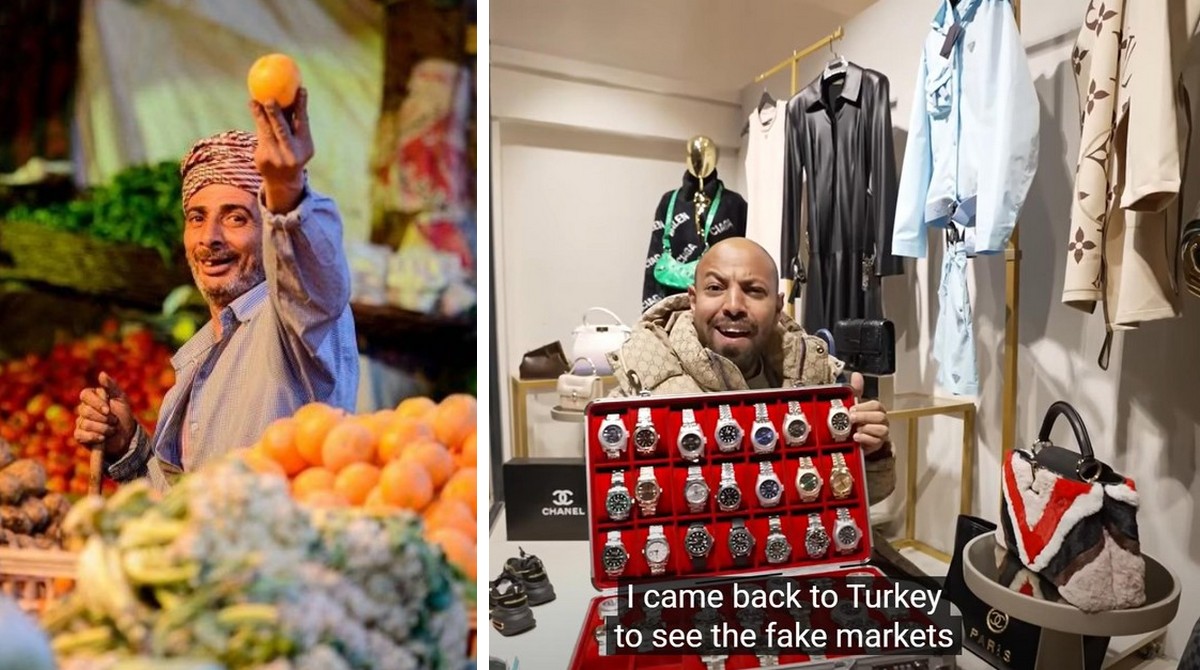To deceive tourists in Turkey, residents and even hotel staff implement old fraud schemes and invent new ones to profit from the ignorance and naivety of vacationers. The tricks are so well-honed that it is impossible to suspect anything from the first minute because everything seems honest and transparent. Analysts and tourism experts told about the three most popular ways of cheating fraudsters at Turkish resorts.
Fraud by hotel staff
- The number for an extra payment. Hotel staff often act cunningly and upon arrival inform tourists that, unfortunately, all rooms are currently occupied and they are forced to move them to another free room. As a rule, it can be a room in another building, more distant from the beach, a room with an old repair and interior, with a view of a landfill, or next to a utility room, which is naturally very noisy and smells unpleasant. After describing the perspective, the employees immediately offer salvation, but for money: a room of the highest category for a small surcharge. As a result, the tourist will be accommodated in the same hotel room that was originally included in the tour package but with additional costs.
- Costs for air conditioning. This is another common type of fraud. Employees remove the remote control from the room and demand payment if the tourist wants to use it.
- Surcharge for alcoholic beverages. According to the expert, enterprising Turks sometimes manage to charge an additional fee for alcohol included in the “all-inclusive” system. The expert was also advised to carefully examine the contents of the minibar, as the hotel staff may especially put open or empty bottles there, and then charge for the alcohol that was opened or drunk.
Deception in cafes/restaurants
Catering staff at resorts are scamming travelers with price tags in an incomprehensible currency. A number is displayed next to each item in the menu without indicating the currency. Naturally, the guest focuses on the prices in Turkish lira, but then he finds out that the price was indicated in euros. In addition, the Turks resort to tricks with the volume of the order. For example, a tourist may think that the price tag is indicated for a portion, but it is for 100 g of food.
The specialist urged me to check the account carefully. Often, a long check can hide additional items that travelers did not even pay for. In addition, she warned against rejoicing prematurely with the treats generously provided by the Turks. Often, waiters additionally serve various snacks, cakes, tea, or other drinks to the tables. However, under the guise of compliments from the institution, a new position in the check is hidden.
Currency exchange fraud
Recently, the dollar exchange rate was significantly lower than the euro exchange rate, and local sellers in markets, cafes, bars, and restaurants skillfully used this and calculated the prices of goods in the same equivalent for both currencies. Or, for example, they can sell tea for 2 Turkish lire (at the exchange rate of 4 hryvnias) as tea for 2/2 euros (80 hryvnias).
In addition, you can often run into fraudsters at currency exchange offices. For example, if you want to exchange 200 dollars for liras, you give them, and in return, you receive Turkish currency for only 100 dollars. When asked where else, the Turkish scammer pretends to be surprised and says that they only gave 100 dollars. Therefore, currency transactions in Turkey can be carried out only in official banks,” the company explained.
Travel fraud
The victims of this fraud, as a rule, are tourists who want to go on an excursion offered by street solicitors. Tourists are not even confused by the price, which is much lower than the market price.
It turns into “walking through torment” for travelers: a trip in an old bus without air conditioning and space because to save money, fraudulent guides combine several tourist groups into one. Among other things, street vendors with excursion tours do not protect buyers from accidents, saving on insurance.
Unplanned trips to souvenir shops during excursions are another popular technique of fraudsters. Turkish guides stop at such benches because tourists can go to the toilet or buy water. And by the way, they say that there is a gift shop nearby with “special” goods, affordable prices, and personal discounts. Vacationers happily run there and buy goods of incomprehensible quality and origin at inflated prices. The travel agency or guide will receive a percentage of everything bought by tourists in the store.
Pickpockets in hotels
Unfortunately, in Turkey, theft thrives in crowded places: in transport, bazaars, markets, beaches, on trips, and even in hotel rooms. What conclusions should a tourist make? Do not take a large amount of cash with you, be careful in crowded places, do not let anyone close to you, and do not give personal belongings and documents into the hands of a stranger, use the safe in the room.

